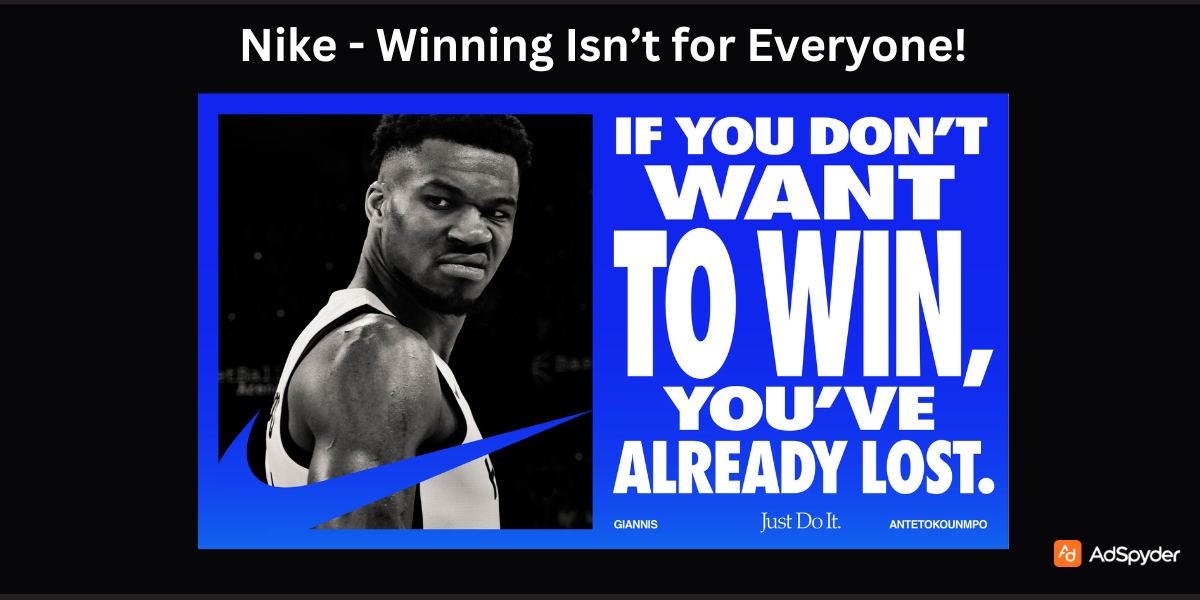Translating Brand Engagement into Emotional Loyalty: Case Studies from the Fashion Industry
Meta Description: Dive into the critical relationship between brand engagement and emotional loyalty in the fashion industry. Explore case studies and actionable strategies to enhance customer connections.
In an era where consumers are bombarded with choices, fostering a lasting emotional connection with a brand is more crucial than ever. Emotional loyalty goes beyond basic satisfaction; it encourages customers to not only return to a brand but to advocate for it. This blog post aims to educate readers on the intertwining concepts of brand engagement and emotional loyalty, particularly within the vibrant and competitive fashion industry.
Allow me to introduce myself – my name is Viktor Novikov, a digital marketing specialist with over 5 years of experience in SEO and branding. I have helped numerous businesses enhance their online presence and foster deeper relationships with their customers. In this article, we traverse the impact of emotional loyalty on consumer behavior, highlighting compelling case studies and actionable strategies for fashion brands.
Understanding Brand Engagement and Emotional Loyalty
What Is Brand Engagement?
Brand engagement refers to the level of interaction, involvement, and commitment a customer has toward a brand. It encompasses a variety of consumer experiences, from engagement on social media to participation in brand events or community initiatives. According to marketing experts, such as Kevin Lane Keller, brand engagement forms the bedrock of customer loyalty, as it creates meaningful experiences that resonate with consumers.
The Emotional Loyalty Connection
Emotional loyalty is the profound connection consumers develop with a brand, often characterized by strong feelings, trust, and deep-seated commitment. Philip Kotler, a prominent figure in marketing theory, suggests that emotional loyalty results from the positive memories and experiences associated with a brand, leading to consumer allegiance that transcends simple transaction-based loyalty.
The Importance of Emotional Loyalty in the Fashion Industry
In the fashion industry, where trends can change at a moment's notice, emotional loyalty is especially critical for brand sustainability. Research from McKinsey & Company reveals that emotionally connected customers are more than twice as valuable (in terms of lifetime value) as those who are merely satisfied. With the rise of socially conscious consumers, understanding emotional loyalty can significantly impact a brand's success.
Key Trends Shaping Brand Engagement in Fashion
The fashion landscape has been rapidly evolving due to shifts in consumer preferences and behavior. Key trends to watch include:
Sustainability: As highlighted in a 2022 Deloitte report, 33% of consumers are willing to switch brands for those that align with their personal values, such as environmental sustainability and ethical practices.
Inclusivity: Today's consumers are increasingly favoring brands that promote inclusivity and diversity, as evidenced by their desire for representation in marketing campaigns.
Digital Interaction: The rise of e-commerce and social media platforms has transformed how brands engage with customers. Brands are now leveraging interactive digital experiences to foster emotional connections.
Case Studies: Brands Excelling in Emotional Loyalty
Nike: Creating a Movement

Nike is a prime example of a brand that effectively translates brand engagement into emotional loyalty. The "Just Do It" campaign not only inspired countless individuals, but it also fostered a community-driven movement around empowerment and active lifestyles. By aligning their messaging with individual stories, Nike has built lasting emotional connections with its consumers, thus creating a loyal fan base that transcends traditional marketing approaches.
Glossier: Community-Driven Success

Glossier, a beauty brand founded on the principle of community feedback, has redefined customer engagement within the fashion sphere. By involving consumers in product development and sharing real customer stories, Glossier has created a brand that resonates deeply with its audience. Through emotional storytelling and personalized experiences, they have cultivated a sense of belonging that translates into unwavering loyalty among consumers.
Tiffany & Co.: The Art of Storytelling
Tiffany & Co. has mastered the emotional aspect of brand loyalty by weaving rich narratives around significant life events, particularly engagements and weddings. The brand's commitment to creating cherished memories through their iconic blue boxes has resulted in an emotional connection that enhances customer loyalty and advocacy. Their storytelling approach transforms mere transactions into lifelong relationships.
Cautionary Tales: What Went Wrong
An example of a brand that struggled to maintain emotional loyalty is Forever 21. The company faced challenges during economic downturns, highlighting the pitfall of neglecting deeper customer engagement. A focus solely on fast fashion trends without fostering emotional connections ultimately resulted in disengaged consumers and declining loyalty.
Actionable Strategies for Building Emotional Loyalty
To translate brand engagement into emotional loyalty, consider implementing the following strategies:
1. Build Communities Around Shared Values
Fostering a sense of community is essential in creating emotional loyalty. Align your brand with values such as sustainability, diversity, and inclusivity, and create platforms for customers to engage in discussions or community events.
2. Leverage Social Media for Storytelling
Crafting compelling narratives that resonate with your audience's emotions is key. Use social media platforms not just for promotion but as a medium to share real stories that engage and connect with your audience on a deeper level.
3. Personalize the Customer Experience
Utilizing data analytics to personalize customer experiences amplifies emotional loyalty. Tailoring offers and communications based on preferences helps customers feel understood and valued, further deepening their connection with the brand.
Insights from Industry Experts
Incorporating opinions from industry veterans can enrich your understanding of brand engagement and emotional loyalty. Simon Sinek emphasizes the importance of starting with “Why,” highlighting that consumers are drawn to brands that communicate their purpose and values. Meanwhile, Jennifer Aaker reminds us that “emotions create connections,” underscoring how emotional branding transcends the mundane.
Conclusion
In summary, emotional loyalty plays a crucial role in the evolving landscape of the fashion industry. By understanding and actively fostering brand engagement, fashion brands can create lasting emotional connections with their customers, leading to deeper loyalty and advocacy.
As you reflect on the insights shared in this blog post, consider your own experiences with brands—what feelings do they invoke? What makes you return time and again? By engaging in conversation about these concepts, we can collectively explore strategies for effective branding in this fast-paced industry.
Ready to Dive Deeper?
Explore more about building emotional connections through brand engagement. Join our newsletter for more insights on the latest marketing trends and actionable strategies tailored specifically for the fashion industry. Let’s start shaping a community that thrives on shared experiences and emotional connections!

